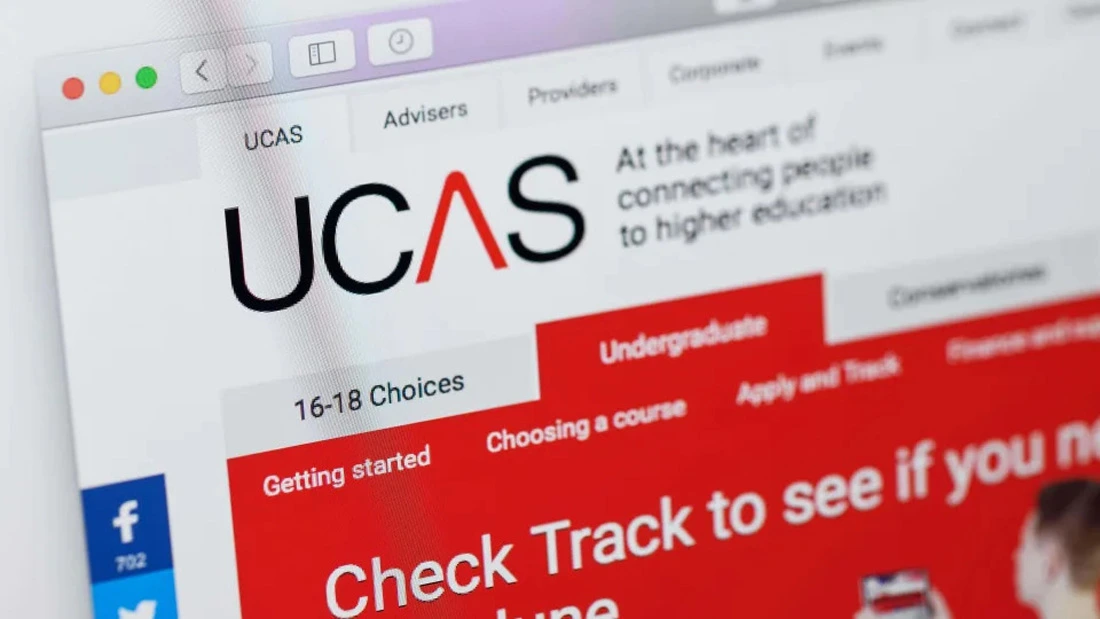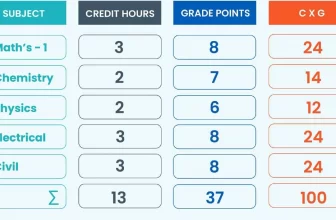
UCAS (Universities and Colleges Admissions Service) is the centralized application service for students applying to higher education institutions in the United Kingdom. It streamlines the admissions process, allowing students to apply to multiple universities and colleges through a single online portal.
What Does UCAS Do?
UCAS acts as an intermediary between applicants and universities or colleges in the UK. Here’s a breakdown of its primary functions:
- Application Submission:
- Students submit a single application form through UCAS to apply for up to five courses.
- The application includes personal details, academic achievements, course preferences, a personal statement, and a reference letter.
- Processing Applications:
- UCAS forwards the application to the selected universities.
- Universities evaluate the application and provide offers (conditional, unconditional, or rejections) through UCAS.
- Communication Hub:
- Applicants receive updates, offers, and decisions through their UCAS accounts.
- It also provides a “Track” system for monitoring the status of applications.
- Clearing and Adjustment:
- UCAS assists students who didn’t meet their required grades to find available courses through the Clearing process.
- Adjustment helps students who exceed their expected grades to apply for more competitive programs.
- Information and Guidance:
- Offers advice on choosing courses, drafting personal statements, preparing for interviews, and meeting deadlines.
Why is UCAS Important for Studying in the UK?
UCAS simplifies what would otherwise be a complex process of applying to multiple universities. Key benefits include:
- Efficiency: A single application for multiple universities.
- Fairness: Ensures standardized admission procedures across institutions.
- Transparency: Clear timelines, fee structures, and application status tracking.
- Support: Comprehensive guidance for international students, including visa information.
How to Apply Through UCAS
- Create an Account: Visit the UCAS website (www.ucas.com) and sign up.
- Research Courses and Universities: Use the UCAS search tool to explore options.
- Fill Out the Application: Provide personal details, academic history, course choices, and a personal statement.
- Add a Reference: Include a recommendation letter from a teacher or academic advisor.
- Submit and Pay: Pay the application fee (£27 for multiple courses or £22 for a single course).
- Track Your Application: Monitor updates and respond to offers via the UCAS Track system.
Key Deadlines
- Mid-October: Applications for Oxford, Cambridge, and most medicine, dentistry, and veterinary courses.
- Late January: Main deadline for most undergraduate courses.
- Late June: Final deadline for remaining applications (after this, applications go into Clearing).
International Students and UCAS
- UCAS supports international students by offering information on entry requirements, English language tests, and visa applications.
- It ensures overseas applicants can navigate the UK university admissions process with ease.
UCAS is an indispensable tool for students aiming to pursue higher education in the UK. Whether you’re a local or international student, it provides a streamlined, reliable, and comprehensive application experience.
Frequently Asked Questions
UCAS (Universities and Colleges Admissions Service) is the centralized system through which students apply to universities in the UK. It is essential for Indian students as it streamlines the application process, allowing them to apply to multiple universities with a single application.
To create a UCAS account, visit the UCAS website and click on “Register.” Fill out the required personal information, including your name, email address, and date of birth. After registering, you will receive an email to verify your account.
When applying through UCAS, students typically need to provide:
Academic transcripts
English language proficiency test scores (IELTS/TOEFL)
A personal statement outlining their motivations and goals
Letters of recommendation from teachers or professionals
The application fee for UCAS in 2025 has been set at £28.50 for up to five choices. This is an increase from the previous fee of £27.50 in 2024. Students who have been in receipt of free school meals during their secondary education may be eligible for a fee waiver, allowing them to apply without incurring this cost. It’s important for applicants to ensure that their payment is made before submitting their application, as it is a necessary step in the UCAS application process.
For undergraduate courses starting in September 2025, the main deadline for applications is usually January 15, 2025. However, some courses may have different deadlines, so it’s crucial to check specific program requirements.
Once you have submitted your application, you can track its status by logging into your UCAS account. You will receive updates regarding offers from universities and any additional requirements they may have.
After receiving an offer, you should carefully consider your options. You can accept one offer as your firm choice and another as your insurance choice. Be sure to respond by the deadline specified in your offer.
UCAS primarily handles undergraduate applications; however, some postgraduate programs may use UCAS for applications. For most postgraduate courses, you will need to apply directly through the university’s website.
If you wish to change your course or university after submitting your application, you can do so by contacting the universities directly or using the “Change of Course” option in your UCAS account if applicable.
Yes, Indian students must demonstrate English language proficiency through tests like IELTS or TOEFL. Most universities require a minimum score of 6.0 – 6.5 in IELTS or equivalent scores in TOEFL.
Many universities, including the University of Gloucestershire, offer support services for international students applying through UCAS. You can also seek assistance from educational consultants or agents who specialize in UK admissions.
UCAS itself does not provide financial aid; however, many universities offer scholarships and funding opportunities that you can apply for after receiving an offer through UCAS.



